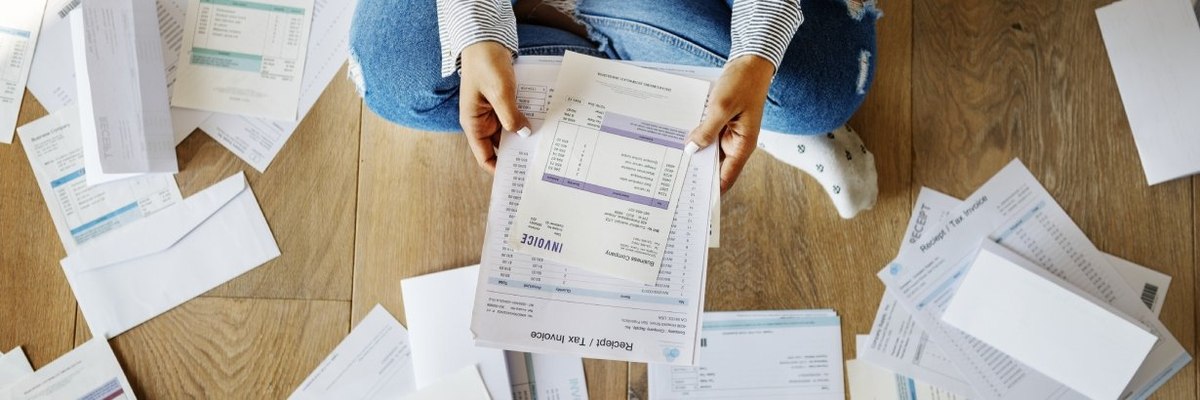The National Infrastructure Commission has warned some families faces cost increases of £400 in pursuit of ‘net zero’
Chairman of the National Infrastructure Commission, Sir John Armitt, has warned that some British households could see their cost-of-living rise by as much as £400 a year – around £33 a month – to offset the costs of tackling climate change. In a multiple whammy to British households, the prices of food, fuel, and energy are also rising due in part to the effects of the COVID-19 pandemic and Brexit.
A new YouGov study asked Britons how much of an increase in their monthly spend they felt they could afford. At the lower end of the scale, some 10% of Brits say they could not afford a £5 uptick in their monthly cost of living, overall an extra £60 a year. A similar 17% say they would struggle to afford a £10 increase, or £120 a year extra on their cost-of-living. Around a third (33%) say they couldn’t bear a £25 per month increase in their expenses, equivalent to an additional £300 a year.
Half of Britons (50%) say they could not afford an additional £50 a month to their cost of living – worth an additional £600 per year. Further to this, approaching two thirds (65%) could not afford an additional £100 a month, or £1,200 a year, on their usual expenses. A £250 a month increase, or an extra £3,000 a year, would be unaffordable accord to 77% of Britons.
The predicted £400 a year / £33 per month additional cost would most likely hit the richest 10% of British families according to the National Infrastructure Commission. Only 15% of Britons with household incomes of £100,000 or more say a £50 increase in cost of living would be unaffordable for them.
According to the latest ONS statistics, the median household income in the UK in 2020 was £29,900. Some 57% of Britons from households with incomes between £20,000 and £29,999 say they could not afford to spend an extra £50 a month on their cost of living.
Of those with the lowest household incomes, under £10,000 a year, some 76% say they could not afford an additional £50 a month.
The National Infrastructure Commission estimates that poorer households are more likely to see an additional £80 a year / £6.66 a month – 25% of Britain's lowest-income households say they can't afford a £5 increase, and 38% can't afford an additional £10.
See full results here







